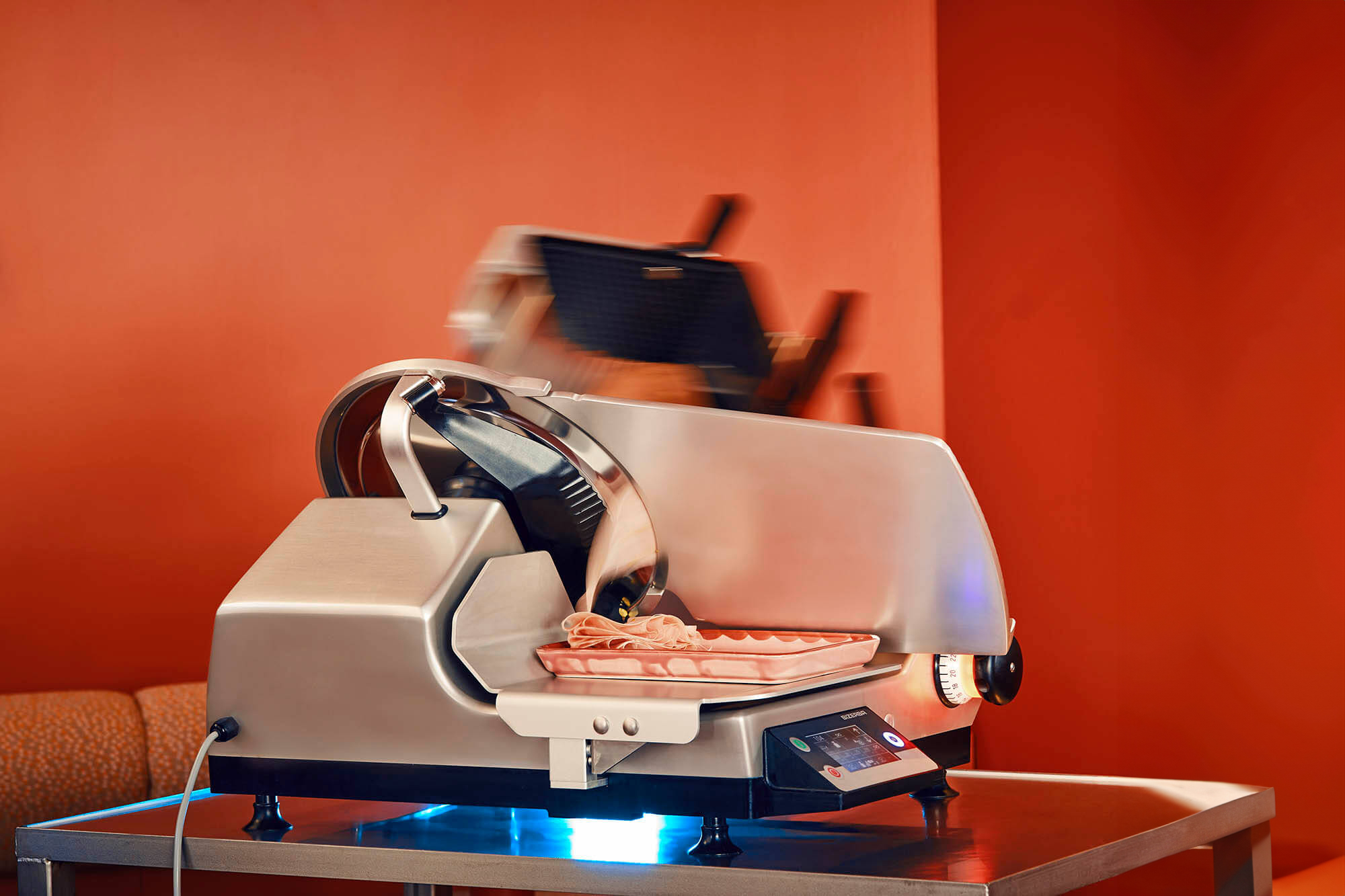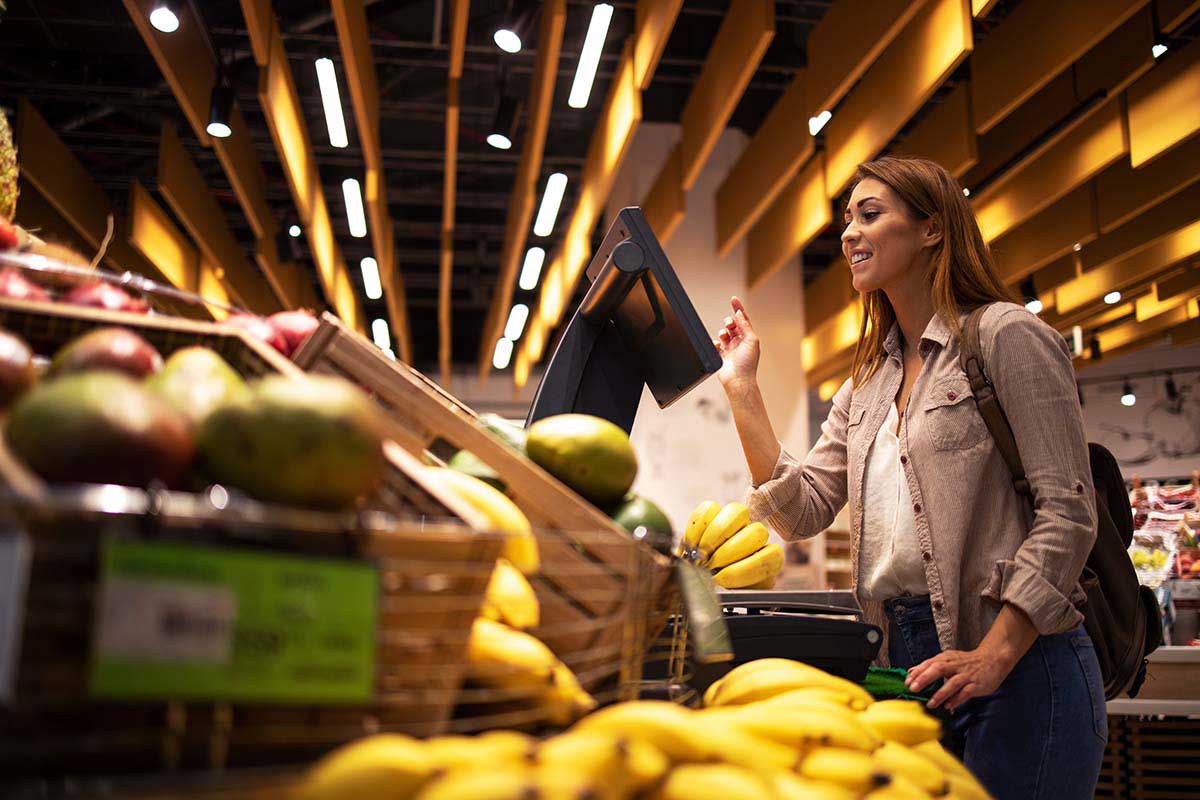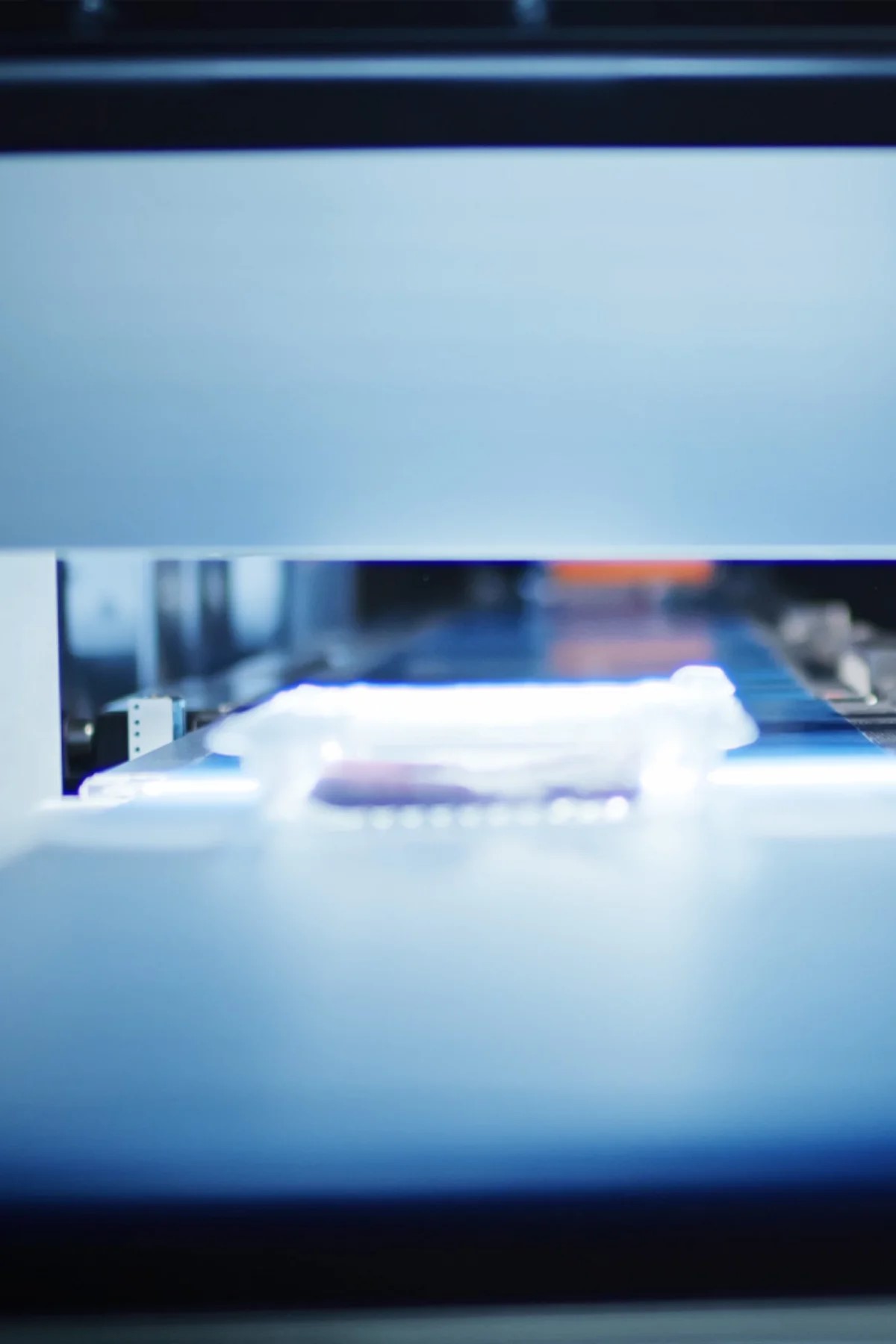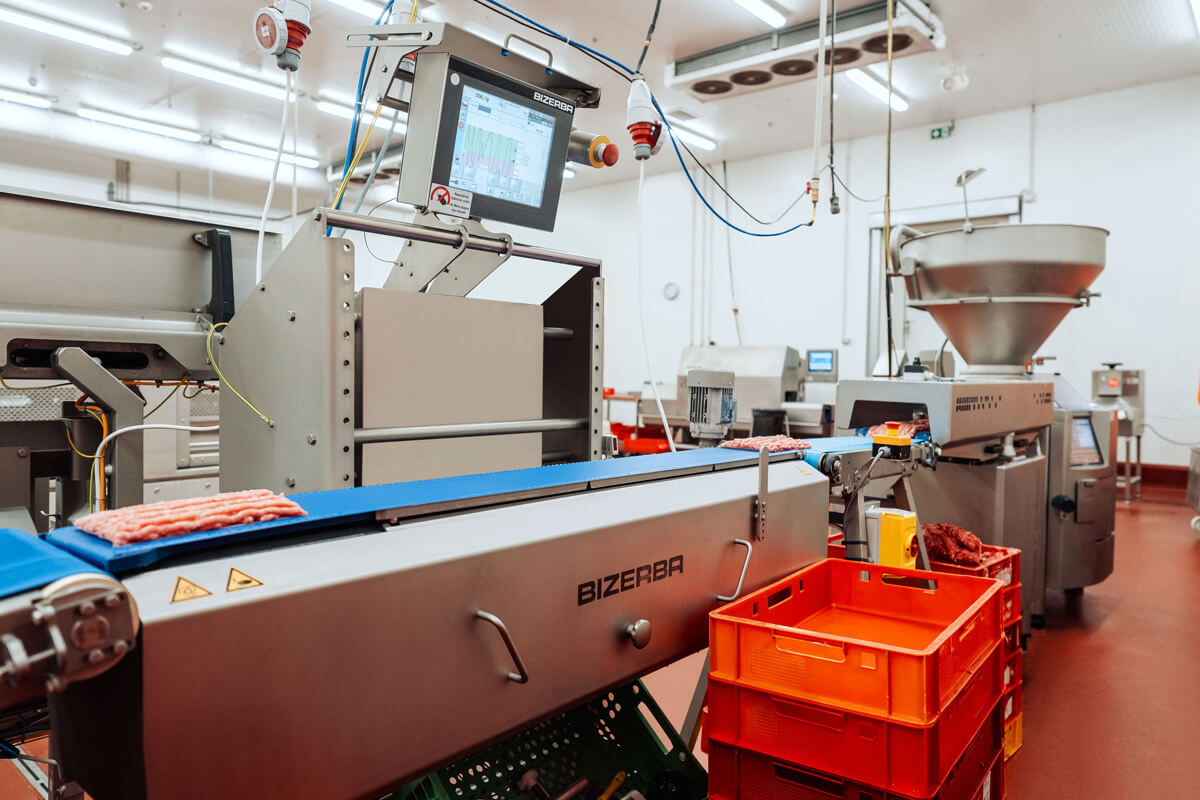Produkty
Produkty
Kontakt z działem serwisu
Formularz serwisowy
Helpdesk
Szybka diagnoza i wsparcie online
Witamy
Cieszymy się, że tu jesteś
Twoje przedsiębiorstwo jest wyjątkowe. Taka też powinna być następna inwestycja. Zaprojektuj rozwiązanie skrojone pod indywidualne potrzeby, które przyniesie wiele korzyści. Odkryj to, co nas wyróżnia i co pozwoli na udoskonalenie Twojej codziennej pracy: unikalne na skalę światową portfolio, innowacje, które wyznaczają standardy, oraz zgrany zespół, który na powitanie pyta: „Czego potrzebujesz do rozwoju swojego biznesu?“

“Otwartość oraz myślenie w kategoriach możliwości, a nie ograniczeń, to tradycja w firmie Bizerba. Dzięki takiemu spojrzeniu codziennie osiągamy to, co jeszcze wczoraj było nie do pomyślenia. Napędza nas dążenie do coraz lepszej jakości. I to właśnie łączy nas z klientami na całym świecie.”
Andreas W. Kraut
CEO & właściciel, Bizerba

Praca i kariera
Zwyczajni ludzie. Nadzwyczajne możliwości.
Bizerba to międzynarodowa firma, kreująca przyjazne środowisko pracy z ogromnymi możliwościami rozwoju pracowników w kraju i za granicą. Liczne benefity pracownicze zapewnią utrzymanie równowagi między życiem zawodowym a prywatnym.


















